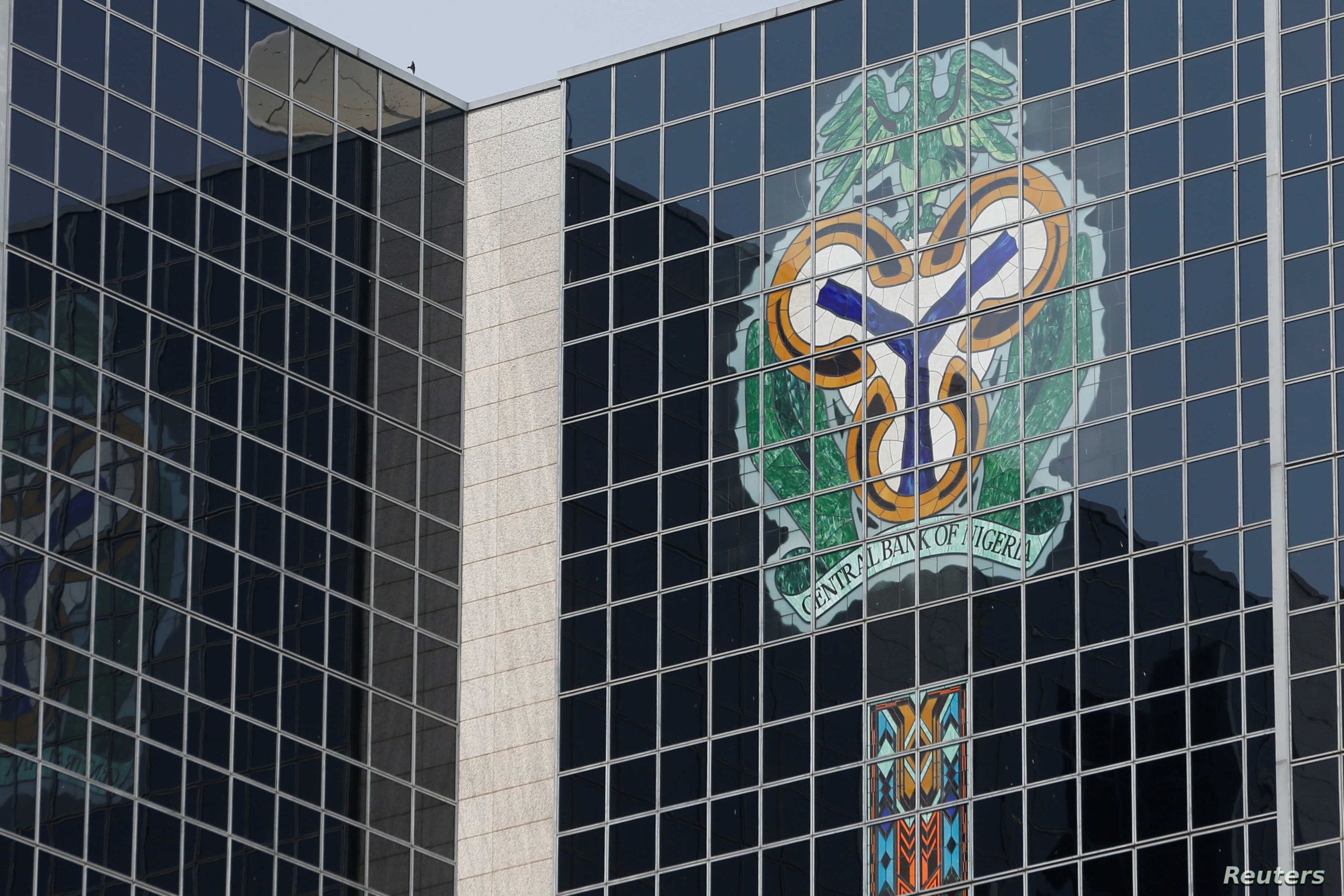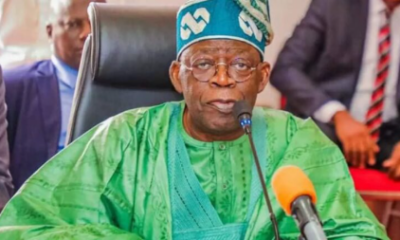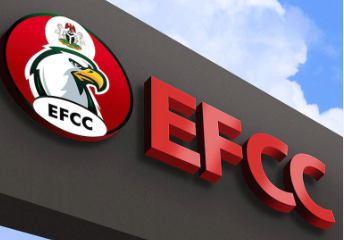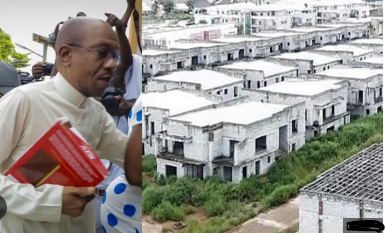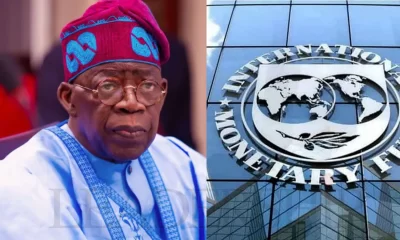Mr Sola Obadimu says the Central Bank of Nigeria (CBN) should have introduced N5,000 note rather than redesigning old notes.
Obadimu, the Director-General, Nigerian Association of Chambers of Commerce, Industry, Mines and Agriculture (NACCIMA), said this in an interview with the News Agency of Nigeria in Abuja on Monday
He said while the new policy on the Naira was laudable, there would have been less pressure on the masses if it was done differently.
According to him, introducing N5,000 note would have mopped up the money in circulation without creating so much discomfort for Nigerians.
The director-general said, the hardship Nigerians were facing with the new policy would have been nonexistent or reduced to the barest minimum.
“If I were the CBN governor, all I would have done was to have introduced N5,000 note.
“That would have helped to mop up the money in circulation without the kickbacks we are getting,’’ he said.
The director-general said if that was done, the CBN would have spent less money printing new notes.
He also said the whole process would have been more cost effective, adding, “because it is a higher denomination, fewer amounts of bills would have been printed.’’
Obadimu said besides the ongoing swap, the strength of the Naira against foreign currencies was a major concern.
According to him, it is disheartening to note that the Naira is weak against foreign currencies, particularly the dollar and Euro.
“Another thing is that our highest denomination, which is N1, 000, is only worth two dollars at official rate and it is not too good for our image.
“There are 50 and 100 Euro notes and how much is 100 Euro note in Naira.
“A Euro is almost N1, 000. So, 100 Euro is about N100,000.
“That is just a bill and ours is worth just two dollars, which is not good for our image.’’
On the move to switch fully to a cashless policy, the director-general said it was a laudable initiative because “that is where the world is heading to.
“Digital economy is the new world order.
“For instance the government is talking about cashless economy which is good because the world is moving toward full digitisation, a paperless world.
“I remember decades ago, we had post office which is now basically non-existent,’’ he said.
The NACCIMA boss, however, said he had reservation with the level of preparedness, particularly with regard to internet infrastructure.
He said Nigeria had a long way to go in achieving a cashless economy because the country’s internet infrastructure was weak.
According to him, there is the need for Nigeria to develop its internet infrastructure, particularly in the rural areas for smooth transition.
“We are not there yet when it comes to internet infrastructure.
“For instance, when a financial transaction declines, you get debited and the bank cannot refund you for up to three weeks even if the transaction is to the same bank.
“So, for the urban network to improve and for the rural areas to catch up, government has to invest heavily in infrastructure so that every part of Nigeria will be digitised,’’ he said.
The CBN Governor, Mr Godwin Emefiele, had fixed Jan. 31 as deadline for the return of old N200, N500 and N1,000 banknotes.
The development generated reactions from Nigerians as there were calls for extension of the deadline.
Following that, the Governor on Feb. 29, announced that the bank had obtained President Muhammadu Buhari’s approval for a 10-day extension.
The deadline was moved from Jan. 31, to Feb. 10, with additional seven days grace period to allow for collection of more old notes legitimately held by Nigerians.
Source – NAN

 Entertainment1 week ago
Entertainment1 week ago
 Business1 week ago
Business1 week ago
 Health1 week ago
Health1 week ago
 Business1 week ago
Business1 week ago
 Latest1 week ago
Latest1 week ago
 Entertainment1 week ago
Entertainment1 week ago
 Football1 week ago
Football1 week ago
 Entertainment5 days ago
Entertainment5 days ago
